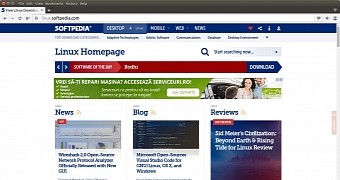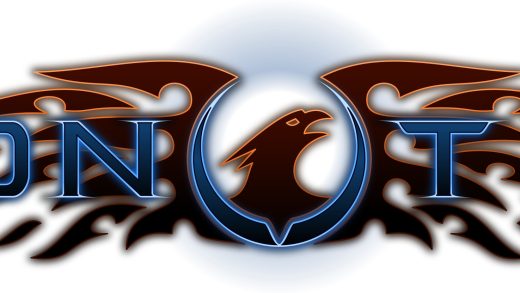Key Points
- Canonical is donating $120,000 to open-source projects over 12 months using Thanks.dev.
- Funding supports smaller open-source dependencies used in Canonical’s GitHub repositories.
- Algorithm-driven distribution ensures fair allocation of $10,000 monthly donations.
Canonical Gives Back: Supporting Open-Source Dependencies with Thanks.dev
As a leader in the open-source ecosystem, Canonical, the company behind Ubuntu, is strengthening its commitment to supporting the open-source community. In addition to contributing to upstream projects and backing major foundations like the Eclipse Foundation and the Cloud Native Computing Foundation (CNCF), Canonical has introduced a new initiative to fund smaller open-source projects it relies on. This move is significant for Linux, Ubuntu users, and the broader open-source community, as it highlights the importance of sustaining the entire ecosystem, not just the high-profile projects.
Starting in April, Canonical partnered with Thanks.dev, a platform designed to facilitate donations to open-source projects based on their usage within a company’s GitHub dependencies. This innovative approach ensures that smaller, often overlooked projects receive financial support. Over the next year, Canonical has pledged to donate a total of $120,000, with $10,000 allocated each month. This consistent funding stream can make a substantial difference to the sustainability of these projects, which are crucial to the functioning of many software systems, including Ubuntu and other Canonical products.
The distribution of funds is determined by Thanks.dev’s algorithm, which analyzes Canonical’s GitHub repositories to identify dependencies. The process involves:
- Walking through repositories to gather data.
- Extracting manifest files to understand the dependency structure.
- Collating the dependency tree up to three levels deep to ensure a comprehensive overview.
- Distributing the donation breadth-first across the identified dependencies, ensuring that projects with broader usage across more projects receive a larger share of the funds.
This transparent and automated approach not only simplifies the donation process for Canonical but also provides assurance to the open-source community that funds are being allocated fairly, based on the actual impact and usage of each project. By leveraging technology to facilitate giving, Canonical sets an example for other tech companies to contribute to the sustainability of the open-source ecosystem.
For Ubuntu users and the Linux community, this initiative means that the underlying technologies that power their favorite operating system and software will continue to thrive. Well-maintained dependencies translate to more secure, reliable, and innovative software for end-users. Furthermore, this support can encourage more developers to contribute to open-source projects, knowing that their work is valued and compensated.
Canonical’s ecosystem benefits from this move as well. By investing in the health of its dependencies, the company ensures the long-term viability of its own products and services. This proactive approach to community support can also foster goodwill and collaboration within the open-source world, potentially attracting more contributors and partners to Canonical’s projects.
As the donations continue over the next year, it will be interesting to track the impact of this funding on the recipient projects. Will this support lead to accelerated development, improved security, or increased community engagement around these dependencies? The success of this initiative could inspire similar programs across the tech industry, creating a more sustainable environment for open-source development.
For now, Canonical’s use of Thanks.dev serves as a call to action for other companies that rely on open-source software. By exploring innovative ways to give back, the tech industry can ensure that the open-source ecosystem remains vibrant and dynamic, benefiting users and developers alike. Consider supporting the open-source projects you depend on – every contribution, whether financial or through code, contributes to the collective success of the community.
Upgrade your life with the Linux Courses on Udemy, Edureka Linux courses & edX Linux courses. All the courses come with certificates.








